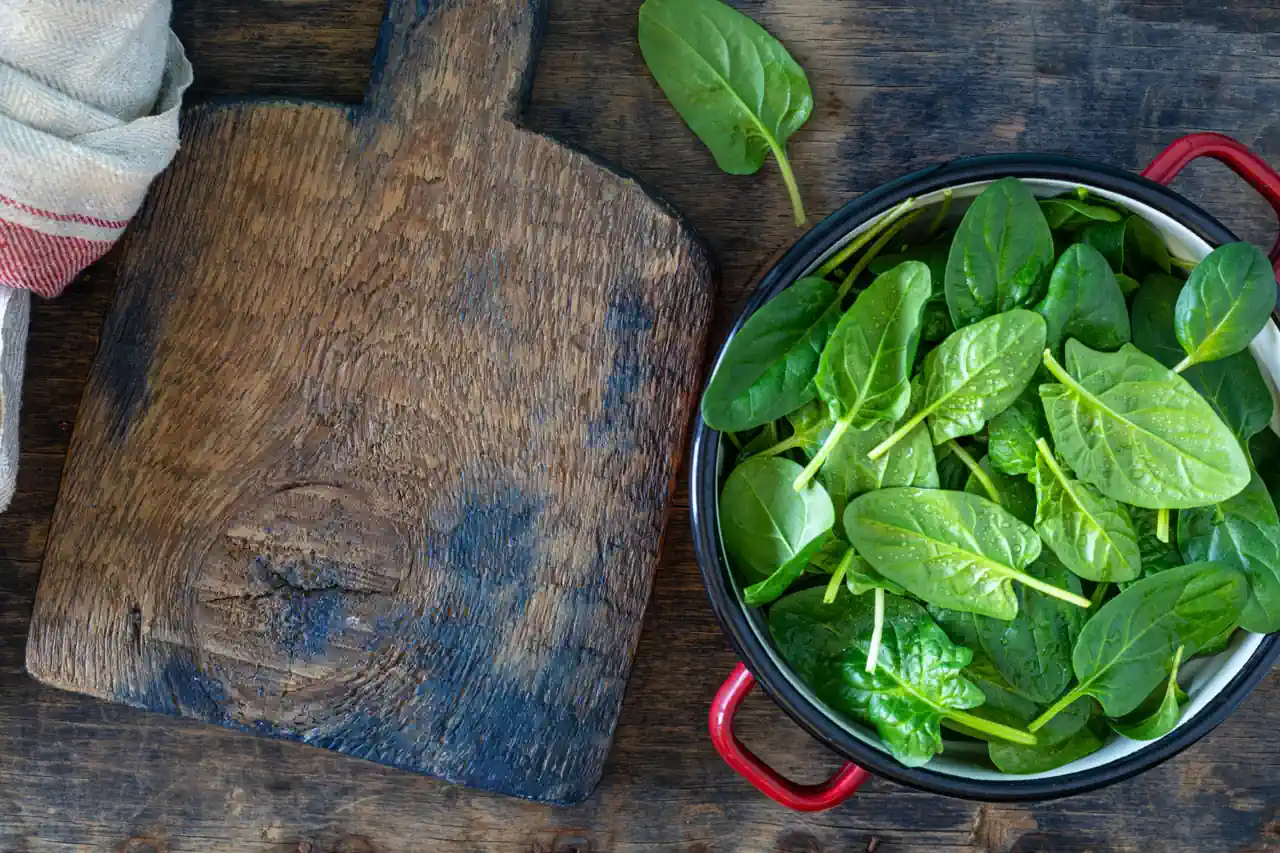In today’s fast-paced world, maintaining a healthy lifestyle has become more crucial than ever. A significant aspect of well-being involves incorporating anti-inflammatory foods into your diet. Chronic inflammation has been linked to various health issues, including heart disease, diabetes, and arthritis. Choosing the right foods can play a pivotal role in preventing and reducing inflammation. Let’s explore some of the best anti-inflammatory foods that you can easily incorporate into your daily meals.
Fatty Fish
Rich in omega-3 fatty acids, fatty fish such as salmon, mackerel, and sardines are renowned for their anti-inflammatory properties. Omega-3s help produce anti-inflammatory molecules in the body, mitigating the effects of inflammation.
Berries
Berries, including blueberries, strawberries, and raspberries, are loaded with antioxidants that combat inflammation. These fruits contain quercetin, anthocyanins, and other compounds that contribute to their powerful anti-inflammatory effects.
Leafy Greens
Dark, leafy greens like spinach, kale, and Swiss chard are packed with vitamins, minerals, and antioxidants. These nutrients not only fight inflammation but also promote overall health. Consider adding a generous portion of leafy greens to your salads or smoothies.
Turmeric
Curcumin, the active compound in turmeric, is renowned for its potent anti-inflammatory and antioxidant properties. Incorporating turmeric into your diet, either by adding it to dishes or consuming turmeric tea, can be an effective way to harness its anti-inflammatory benefits.
Nuts and Seeds
Almonds, walnuts, chia seeds, and flaxseeds are excellent sources of healthy fats and antioxidants. They provide a good balance of omega-3 and omega-6 fatty acids, helping to reduce inflammation in the body.
Olive Oil
Extra virgin olive oil is a staple of the Mediterranean diet and is well-known for its anti-inflammatory effects. It contains monounsaturated fats and antioxidants, which can help combat inflammation and promote heart health.
Ginger
Ginger has a long history of medicinal use and is revered for its anti-inflammatory and anti-oxidative properties. Whether added to teas, used in cooking, or consumed in supplement form, ginger can be a valuable addition to an anti-inflammatory diet.
Green Tea
Green tea is rich in polyphenols, particularly catechins, which have potent antioxidant and anti-inflammatory effects. Regular consumption of green tea can contribute to a reduction in inflammation and may benefit overall health.
Incorporating these anti-inflammatory foods into your diet is a proactive step toward maintaining a healthy lifestyle. While these foods can help reduce inflammation, it’s essential to complement a nutritious diet with regular exercise, sufficient sleep, and stress management for comprehensive well-being.
Remember, small changes in your diet can lead to significant improvements in your health over time. By making conscious choices and prioritizing anti-inflammatory foods, you’re investing in a healthier and more vibrant future.
Sources:
- Simopoulos, A. P. (2002). The importance of the ratio of omega-6/omega-3 essential fatty acids. Biomedicine & Pharmacotherapy, 56(8), 365–379.
- Calder, P. C. (2013). Omega-3 polyunsaturated fatty acids and inflammatory processes: nutrition or pharmacology? British Journal of Clinical Pharmacology, 75(3), 645–662.
- Surh, Y. J. (2003). Anti-tumor promoting potential of selected spice ingredients with antioxidative and anti-inflammatory activities: a short review. Food and Chemical Toxicology, 41(6), 793–797.
- Calder, P. C., Albers, R., Antoine, J. M., Blum, S., Bourdet-Sicard, R., Ferns, G. A., … & Watzl, B. (2009). Inflammatory disease processes and interactions with nutrition. British Journal of Nutrition, 101(S1), S1–S45.

